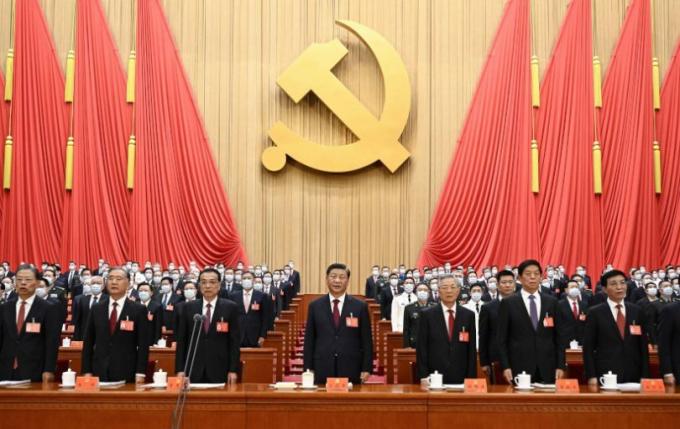A China released interim measures on Thursday to regulate its growing intelligence industry. Artificial (AI) generative, establishing rules that will only apply to the services offered to the public.
These measures aim to support the development of technology and follow a draft of standards published in April this year. It stipulates that companies must provide security assessments before releasing their offerings to the public.
see more
In the AI development landscape, China advances while the US…
Research reveals that teenage brains are 'wired' to…
The current version of the rules is considered in line with market expectations and analysts see it as a sign positive that regulators are paving the way for Chinese companies to be able to launch their products on a large scale. scale.
China sees AI as a field in which it has a strong chance of becoming a world leader by 2030, leaving the USA back.
In terms of regulation, the Asian country is light years ahead of other governments around the world who are currently trying to set up barriers to this technology popularized by the success of the chatbot
ChatGPT from OpenAI.Control measures

(Image: Li Xueren/Xinhua/reproduction)
Although Chinese companies have already released dozens of AI models, they have avoided making chatbots available to the public. This decision is made pending the finalization of the rules and the approval of their products by the authorities in Beijing.
Now, the responsible regulator, the Cyberspace Administration of China (CAC), reiterated that the content generated by generative Artificial Intelligence must conform to the core values of the country.
Service providers must ensure that no infringement of intellectual property rights occurs and must use legitimate data sources.
It is important to note that these measures do not apply to companies working with generative AI technology and do not intend to offer services to the Chinese public.
More investments
China intends to encourage the development of this technology, including semiconductor and generative AI algorithms, as well as engaging in international rulemaking.
Relevant national authorities are encouraged to improve their supervisory methods to that are scientific and compatible with innovation and development, according to the regulator.
Big Chinese tech companies like Alibaba Group and Baidu, have already developed their own ChatGPT-style chatbots.
On Thursday, JD.com entered the race by releasing a major AI language model called ChatRhino, aimed at enterprise use. These initiatives demonstrate the growing interest and investment of Chinese companies in the field of generative AI.
With the provisional rules in place, China seeks to further boost the innovation and the development of generative Artificial Intelligence. The future of this industry in China promises to be exciting and promising.
